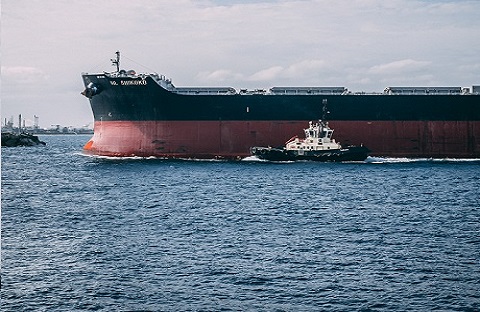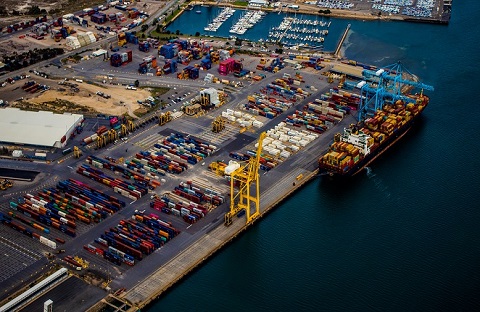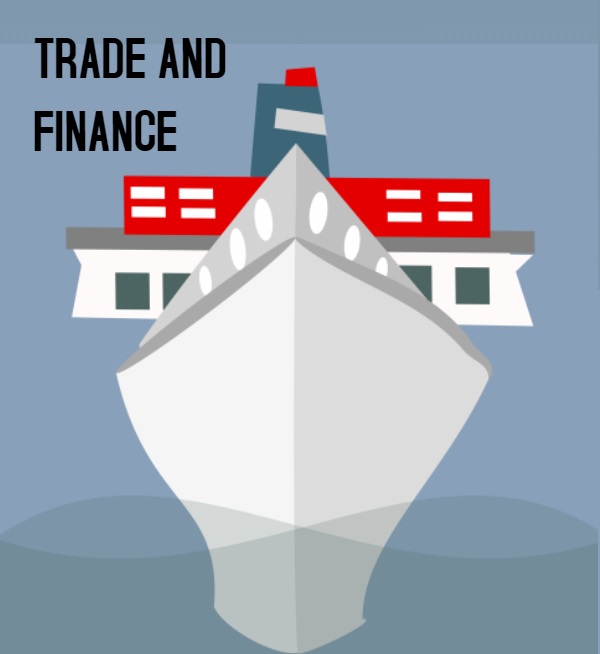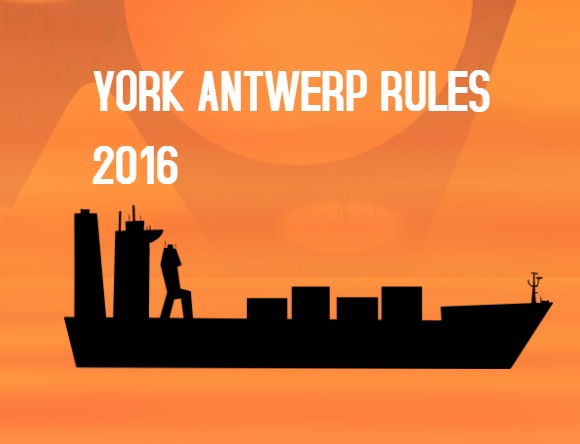Container Vessel Trade
Cargoes whether carried in containers are all still the responsibility of the ship and hence it also needs documentation and legal formalities to follow. Though containerisation brought with its own terminology and law the general aspects covering carriage continue as seen from description of terms









